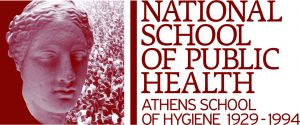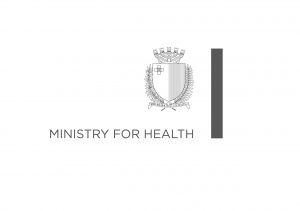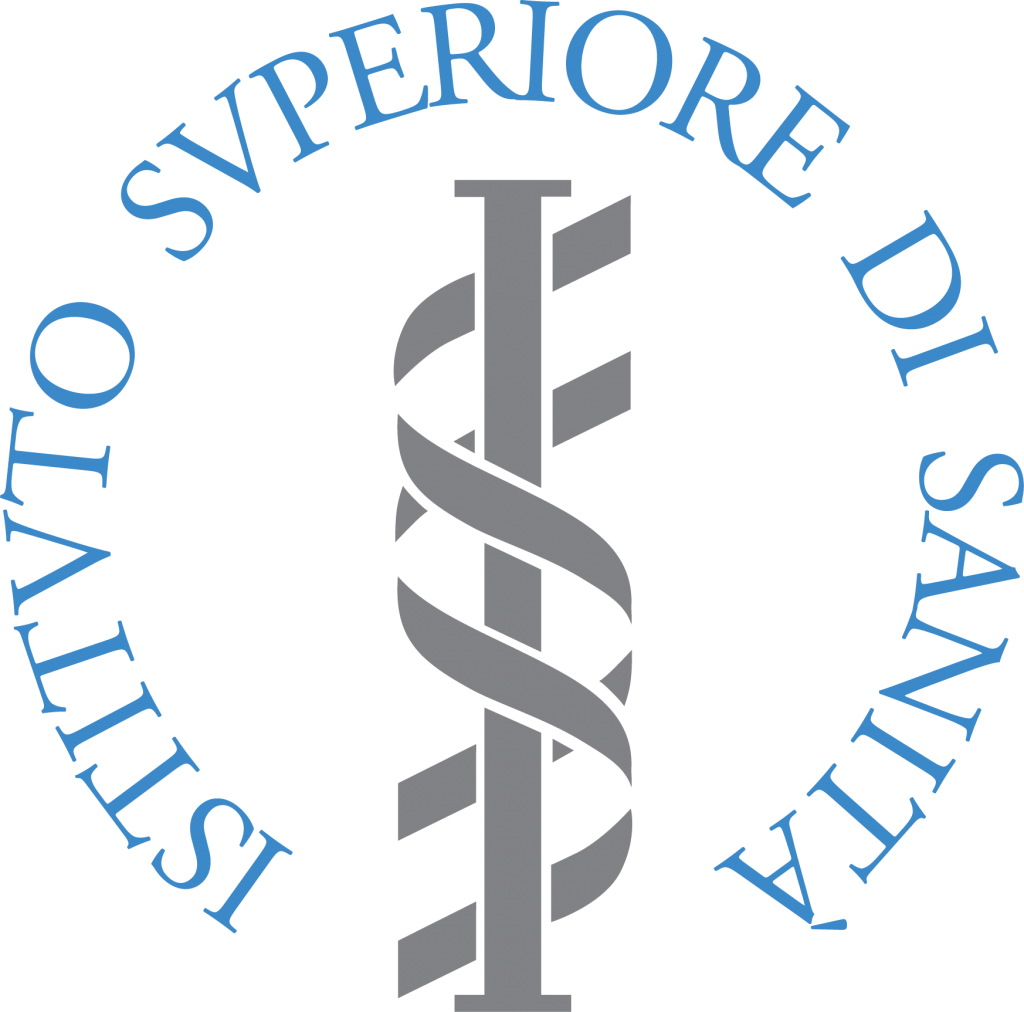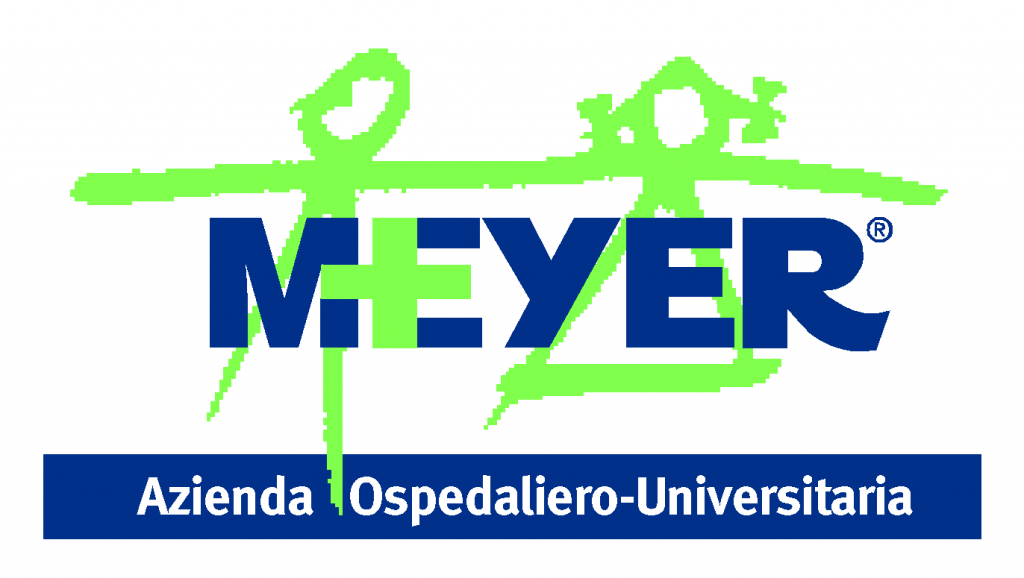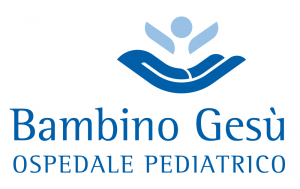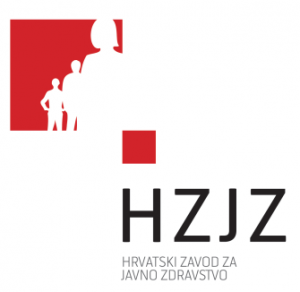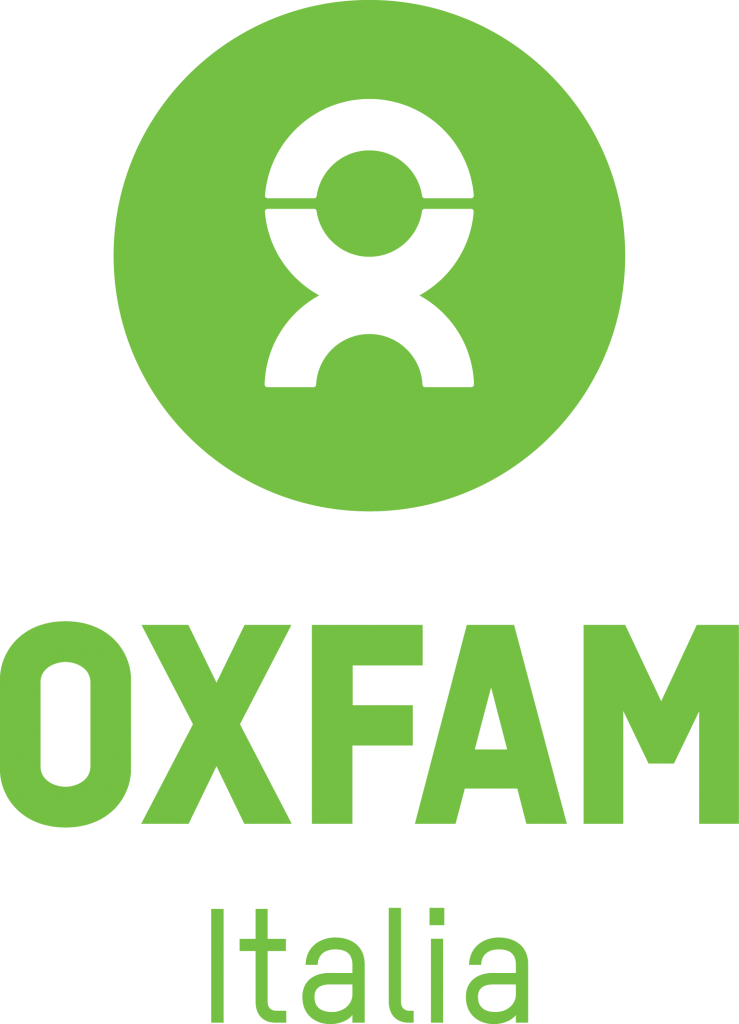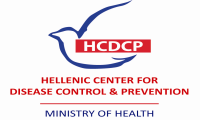The CARE project Consortium consisted of a broad and highly skilled mix of public health authorities and civil society organisations from five European Countries (Italy, Greece, Malta, Croatia, Slovenia), all with scientific, policy and public health background, ensuring that the project will successfully meet its objectives. The CARE consortium was characterized by its highly strategic partnership since the participating countries were the ones receiving the highest number of arrivals of refugees and other migrants through the main Mediterranean routes.
In order to achieve its expected results, the CARE project was developed in close cooperation with national and local authorities of the involved Member States
More specifically, the consortium consisted of: seven organizations from Italy, five from Greece, one from Slovenia, one from Croatia and one from Malta.
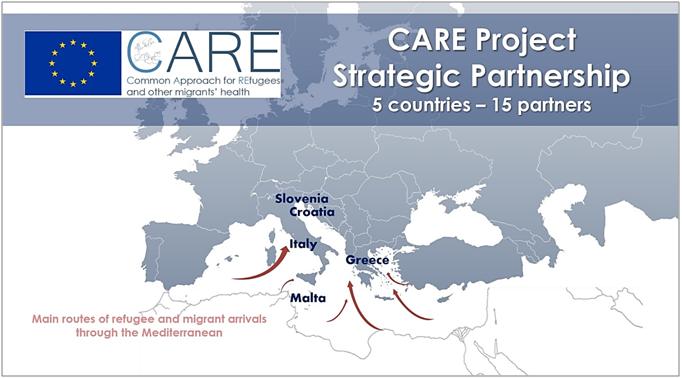
ISTITUTO NAZIONALE PER LA PROMOZIONE DELLA SALUTE DELLE POPOLAZIONI MIGRANTI ED IL CONTRASTO DELLE MALATTIE DELLA POVERTA (INMP)
The INMP – project coordinator – has the required experience and characteristics for managing all phases of the project. In fact, it is provided with a Department of Project Cycle Management, Regional and International Relationships and it is currently in charge of 6 national projects funded by the Italian Ministry of health addressing health needs of migrants and poor populations on how to access the National health service in an effective and appropriate way. Moreover, it is implementing an International project in Djibouti, in cooperation with the local Ministry of Health and funded by Italian Ministry of Foreign Affairs. At the European level, INMP participated in a number of projects. Moreover, the INMP run five national projects funded by the former European Fund for the Integration of non-EU immigrants (EIF), addressing the health needs of migrants from Third Countries.
As for competence in the action area, the INMP is entrusted by the Italian law to be Referral Centre for the National Network on Social and Health Care Problems Related to Migrants and Poor People as well as National Centre for Transcultural Mediation in Health Care (Law 8 November 2012, n. 189). Its mission – perfectly in line with the present project– is to develop systems and strategies for combating health care inequalities in Italy, to support the access to the National Health Service of disadvantaged population groups, to deliver high quality services to Italian and foreign citizens. In particular, the Institute has large and consolidated experience in providing health care services to poor and impoverished population groups, regular and irregular migrants, victims of violence and human trafficking and international protection seekers by adopting its holistic model aimed at taking care of the person in a transcultural perspective. INMP works together with the Italian Regions in order to adopt effective health care models to address migrants’ needs in respect of either their cultural perspective and health delivery appropriateness. In doing so, the Institute promotes at National level the multidisciplinary approach by strengthening the capacities and competencies of health teams whose professionals work together all around the person who is in fact at the very centre of this conceptual model.
But the experience of the INMP is wider and not limited to a specific territory since it hosts a National epidemiological observatory on health and migration, able to understand migrants’ health dynamics and the changing scenarios posed by the migration phenomena. This also allows clinical research and on-the-field experimentation of operational models that can be adopted in different contexts. For the afore mentioned reasons, INMP is currently working onto the Lampedusa and Trapani hotspot, thanks to a special agreement with the Italian Ministry of Interior which is entitled to manage the Centre itself, health care provision included, to complement health care to hosted migrants with a multidisciplinary team, composed by specialist doctors, psychologists, anthropologists and transcultural mediators, of which it is the main national advocate. Its experience was also provided at the Lampedusa landing places where it assured health support to the ASP of Palermo, entitled to give health assistance to migrants at the very moment of disembarkment.
Website: http://www.inmp.it/
NACIONALNI INSTITUT ZA JAVNO ZDRAVJE (NIJZ)
The National Institute of Public Health (NIJZ) is the central Slovenian institution for public health practice, research and education. It is organized as one central unit with nine regional offices. The main function of NIJZ is to provide research in the field of health, protect and increase the level of health of the population by raising the awareness of population and carrying out other preventive measures. NIJZ’s main activities are funded by the Ministry of Health and include national health statistics and research in the field of public health including health care systems; activities to identify health threats and design measures for their control; designing and providing health promotion programs and preparing a scientific background for health-friendly policies, programs and measures for disease prevention. It also functions as the central statistical authority in health. Its academic staff work on various tasks covering the areas of epidemiology of communicable and noncommunicable diseases, health promotion, health protection, health system research and national coordination of preventive programs in primary health care. It also functions as the central statistical authority in health.
Website: http://www.nijz.si/
ASSOCIAZIONE ITALIANA DELLA CROCE ROSSA
The Italian Red Cross is a member of the International Federation of Red Cross and Red Crescent with which contributes to international disaster response, a task that is for the whole Movement of the Red Cross, a fundamental historical and strategic activities. This so widespread throughout the country with 661 local branches, the IRC operates through the efforts of approximately 150,000 volunteers and 3,200 workers to care and protect the health and lives. Our aims are to support vulnerable people to promote social inclusion, to prepare communities for emergencies and disasters, to disseminate international humanitarian law and promote international cooperation projects.
Website: http://www.cri.it/home
MINISTERO DELLA SALUTE (MINSALUTE)
The Italian Ministry of Health is the Government body responsible for the overall coordination, at National level, of the National Health System. It is also directly responsible of several functions in the public health domain, including Surveillance and prevention on Cross-Border health threats, in particular concerning the application/implementation of the International Health regulation. More specifically , the involved Directorate General is responsible for Health Prevention, including the coordination of the Networks of Ministry Units operating in the main Italian Ports and Airports. This network has been appointed, together with a broader network of authorities, local organizations and NGOs, to provide health services in the front-line situations of the refugees/migrants crisis, including the interventions on the military ships organized in the Mediterranean sea within the “Mare Nostrum” project of the Italian Government in 2013-2014, subsequently taken over by Frontex. The DG also includes the Unit responsible for Mother, Children and Weak populations health and the Unit cooperating on Public Health projects at the EU level.
Website: http://www.salute.gov.it/
PRAKSIS – PROGRAMS OF DEVELOPMENT, SOCIAL SUPPORT AND MEDICAL COOPERATION (PRAKSIS)
Praksis (Programs of development, social support and medical cooperation) is an independent humanitarian, not for profit, non-governmental organization (NGO) whose main goal is the design, application and implementation of humanitarian programs and medical interventions. The organization’s programs aim at combating social and economic exclusion of vulnerable and marginalized groups, including asylum seekers, refugees and unaccompanied children. PRAKSIS offers direct and free of charge Primary Health Care and Pharmaceutical Provision, basic hygiene services; food and non-food item distribution, psychological and social support, work counseling and promotion to labor, legal counseling, side supportive services, housing, transit accommodation, cultural mediation/ interpretation, translation, escorting. PRAKSIS is also involved in interventions to Lesvos, Idomeni, Kos, Samos, Chios, Kos, and Leros focusing on identification procedures and support for new comers, especially focusing on vulnerable cases via cooperation with UNHCR, First Reception Service, Save the Children International and others. Services also include hygiene kits and NFIs as well as food distribution for Idomeni. PRAKSIS implements programs throughout Greece and mobile medical units travel to the Northern Aegean islands, to the Dodecanese, as well as to Northern Greece.
Website: http://www.praksis.gr/el/
ETHNIKI SCHOLI DIMOSIAS YGEIAS (ESDY (NSPH))
The National School of Public Health (NSPH) is one of the first Schools of Public Health in Europe. It was founded as Athens School of Hygiene in 1929 by the then Prime Minister Eleftherios Venizelos and the Ministers Alexandros Pappas and Apostolos Doxiades, following the recommendation of the League of Nations. The School was founded as a higher education institution with the mission to “promote post-graduate studies and research in public health”.
Throughout the years, the School has played a crucial role in the history of Public Health and Health Services in Greece, with major contributions in treating infectious diseases, such as dengue fever, malaria and tuberculosis and the more recent AIDS pandemic. In addition, the School has contributed to the health reform processes and improvements in Public Health and Health Social Services organization and management.
The School consists of 12 Departments, covering all aspects of the New Public Health.
The vision of the National School of Public Health is to be a leading institution in postgraduate education, conducting innovative research and translating research into practice for the enhancement of the health of the population.
The mission of the National School of Public Health is to improve and protect the health of the Greek and global population through the promotion, development and spread of evidence based scientific knowledge in postgraduate education, research and through the practice of public health.
Website: http://www.esdy.edu.gr/
SYN EIRMOS NGO OF SOCIAL SOLIDARITY (SYN-EIRMOS)
SYN EIRMOS NGO of Social Solidarity was founded in 2005 and is active in the fields of social solidarity, social economy, welfare and wellbeing of adults and children. In particular, the organization is aiming at the support of the activities of local communities, local governments, cooperation initiatives, collective social actors and volunteers. Moreover, it works for the social integration and the improvement of the quality of life of population groups that are subject to /threatened by social exclusion as well as for the fight against stereotypes, prejudices and discrimination. In addition, as another field of activities is the promotion of scientific research and education with attention in the field of social solidarity and economy, the organization will be involved in the projects training activities.
Website: http://syn-eirmos.gr/syneirmos/
CMT PROOPTIKI CONSULTING MANAGEMENT TRAINING (CMT)
CMT Prooptiki (CMT) is a consultancy firm that works with the public sector and civil society organisations to build capacities and develop capabilities for job creation, socioeconomic growth and promotion of active citizenship. To generate the greatest impact, CMT Prooptiki partners with government authorities, development agencies, academic, cultural and non-profit organisations, to design strategies, implement development activities and cooperate towards sustainable community and economic development. CMT Prooptiki has been active for 20 years in the areas of social and economic development and health and social care, offering services such as Strategy and policy development, Social research, Review and evaluation, Capacity building and Life Long Learning. Moreover, in collaboration with government and civil society organisations, it engages in community interventions to address the needs of disadvantaged social groups, with a view to promote health and social inclusion. CMT Prooptiki has participated in many EU funded projects as coordinator or partner.
Website: http://cmtprooptiki.gr/
MINISTRY FOR HEALTH – GOVERNMENT OF MALTA (MFH)
The mission of Primary Health Care in Malta strives to ensure the availability to all citizens of a comprehensive health care system, offering continuity of care on a personalised basis, with an emphasis on health promotion and illness prevention rather than cure. Health centres offer a range of specialised clinics which are at the disposal of potential users within specific times. Most services are offered on a daily basis, whereas others are available by appointment. The Migrant Health Liaison office was set up within the Department of Primary health Care in view of the large influx of irregular immigrants arriving in Malta. The department recognized the necessity to address the health needs of this population group by: delivering health education sessions to migrants, training and support for cultural mediators working in the field, outreach services and training to health and social care professionals on topics related to cultural diversity in health. The infectious disease prevention and control unit within the department of Health promotion and disease prevention is the only unit in Malta responsible for surveillance of infectious diseases. There are 67 statutory notifiable diseases /conditions according to Articles 27(a)(I) of the Public Health Act of 2003. Notified cases are investigated in accordance with evidence based protocols. Data is collected from various sources, including medical doctors, laboratories and the community in order to provide more information on prevailing issues in infectious diseases. The unit is also responsible for managing outbreaks of infectious diseases as well as to provide data on infectious diseases to the local and international scientific community. The IDCU unit is also responsible for preparing preparedness and response plans to deal with any outbreaks caused by an infectious disease. Another role of the unit is the screening of all migrants (regular and irregular) that reach the Maltese islands to detect early an infectious disease for the necessary treatment and to prevent spread of disease.
ISTITUTO SUPERIORE DI SANITA (ISS)
The Istituto Superiore di Sanità (ISS) is the main Italian Institute for technical-scientific research, control and advice in Public Health. It is under the authority of the Minister of Health and it has its own structure and scientific autonomy. Its role within the Italian health system is to promote Public Health through scientific research, surveys, and controls in different fields of health sciences which include infectious and non-infectious diseases, environment, food, drugs. In addition, it provides experts to many international activities. The Institute is a large complex of interrelating scientific laboratories and technical services. A permanent staff of over 1.400 persons and more than 600 fellows and trainees work in 7 different large Departments and 8 National Centres. Participant in the present proposal is a team working at the Communicable Disease Epidemiology Unit (CDEU) at the National Centre for Epidemiology, Surveillance and Health Promotion (CNESPS) whose mission is to develop and apply epidemiological and biostatistical methods to monitor and protect human health and to evaluate health services. The ISS-CDEU is staffed with 18 persons, including senior and junior researchers, technical and administrative staff. ISS –CDEU was, and still is, involved in many internatonal projects and European networks in the fiels of communicable disease both as coordinator and as participant. Since 2006, ISS-CDEU has worked in the area of migrant health with national and international projects (EpiSouth Network (2006-2014); Promovax Project (2008-2013); MOMIH –Framework for Monitoring Migrant Health and Infectious Diseases (2013-2015); Clinical and Epidemiological Profile of HIV Infection Among Migrant vs Italian Patients in seven Italian Centers (2010 -2014); Italian Syndromic Surveillance System among migrants (2011-2014); Developing a tool for assisting EU Member States and other relevant stakeholders in enhancing preparedness for infectious disease control during situations of sudden influxes of migrants (2015-16). Experts of the team have collaborated to the MEM-TP, EQUI-Health and WHO PHAME project.
Website: http://www.iss.it/
AZIENDA OSPEDALIERO-UNIVERSITARIA ANNA MEYER (AOUMEYER)
The AOU Meyer is a highly specialized paediatric hospital and is the national reference center for complex cases. The AOU Meyer is part of the Italian national health care system, within the division of the region of Tuscany. It is integrated with the University of Florence in order to jointly carried out assistance, teaching and research. The AOU Meyer is renowned for the diagnosis, care and rehabilitation of young patients, who may be admitted until age 18 (after which plans are made for continuous care elsewhere). The Region of Tuscany hosts, at the AOU Meyer, its Centro Salute Globale (Global Health Center – GHC). Its main objective is to enhance, disseminate and apply knowledge on the four thematic priorities on which it is founded: health international cooperation, health policies, neglected diseases and migrants’ health. The GHC is a reference point to health staff, academics, third sector and public administrators.
Website: http://www.centrosaluteglobale.eu/
OSPEDALE PEDIATRICO BAMBINO GESU (OPBG)
The Bambino Gesù Paediatric Hospital (OPBG) is a Scientific Institute for Research, Hospitalization and Health Care, Italy’s main paediatric Hospital providing advanced health care for children and performing basic, clinical and translational research activities. The Hospital is part of the Italian National Healthcare System and is widely recognized as referral centre for all paediatrics specialties at national and international levels. With its 6 Directorates and 11 Departments, covering all aspects of paediatrics care, the Hospital provides a complete range of healthcare services to children. OPBG is coordinator of FP7 project “MD–Paedigree – Model-Driven European Paediatric Digital Repository”, funded under the VPH area of ICT Theme, and has been clinical coordinator in two FP6 and FP7 ICT for Health projects: Health-e-Child and Sim-e-Child. OPBG participated and is currently involved in many other EU funded projects: NoE EUROPRISE; NoE TREAT-NMD; EUGINDAT; Fight-HLH; NeoMero; WoRHD; EURO-PADnet; LEUKOTREAT; PERS; GRIP; CELL-PID; EPICE; InTreALL; NEUROGENMRI; OSTEOPETR coordinator), EUROBFNS (coordinator), EUROSPA, PodoNet; EuroGeBeta; EuroCGD; EUROFEVER, EURONEOSTAT I EURONEOSTAT I; TAG; RD PORTAL 2; ORPHANET EUROPE; DAPHNE; CARDIOPROOF; GAL2EN; CLOSED; NEOVANC; STOP; E-HOD; RETHRIM.; VisiOn; MILESTONE; DESIRE; Life Persuaded; OASIS; PREPARE; NEOVANC; RD-ACTION (Joint Action)
HRVATSKI ZAVOD ZA JAVNO ZDRAVSTVO (CIPH)
Croatian Institute of Public Health (CIPH) is the principal institution for public health protection and promotion by conducting continuous education, research and monitoring in different human health related fields related to communicable and noncommunicable diseases, environmental health (water and food safety, objects of common use etc) and health promotion. It actively participates in the development of health policies and public health regulations, and serves as the scientific and expert advisory body to the Ministry of Health. The Institute is central health statistical authority responsible for a number of national public health registries, supervises data storage and coordinates the work of other health registers. In reference to the refugee and migrant crisis, CIPH is responsible for development of protocols and guidelines, communicable disease surveillance and control which is implemented through the network of 21 county institutes. Moreover, CIPH is closely monitoring situation in neighbouring countries through the national Early warning and response (EWRS) team based on which further public health measures and activities are tailored accordingly.
Website: http://www.hzjz.hr/
OXFAM ITALIA ONLUS (OXFAM ITALIA)
Oxfam Italia (OIT) is an Italian non-governmental not-for-profit organization that has been working at national and international levels to eradicate poverty and to build a world in which every person can live in dignity in a peaceful, cohesive and supportive society. OIT has been part of the Oxfam International Confederation since October 2010, first as observer, and then in 2012 as full member. Oxfam International is a confederation of 17 organizations, networked together in across more than 90 countries, as part of a global movement for change. Oxfam Italia comes from the experience of Ucodep, a non-governmental organization deeply rooted in Tuscany Region, active for over 30 years in the fight against poverty and social exclusion, both in developing countries and in Italy. Oxfam Italia is characterized by working with vulnerable communities and local authorities to promote participatory processes of local development. Oxfam Italia is also engaged in poverty reduction programs inside Italy targeting the most vulnerable groups (women, children, migrants) supporting social inclusion in general and integration of migrants and their access to services, both directly and through the action of its social cooperative Oxfam Italia Intercultura.
Website: http://www.oxfamitalia.org/
KENTRO ELENCHOU & PROLIPSIS NOSIMATON (KEELPNO (HCDCP))
The Hellenic Center for Disease Control and Prevention (HCDCP) is a private law entity operating since 1992. It is supervised and funded directly by the Ministry of Health and Social Solidarity. Its main purposes are: to protect and promote public health through statewide programs to increase public awareness, and formulate a national strategy to prevent disease transmission; the epidemiological surveillance of infectious diseases through surveillance systems, namely: the mandatory notification system, the Sentinel surveillance system in primary health care, the laboratory surveillance and intervention in health care facilities; support research programs to collect, review and disseminate scientific data; provide scientific support to the guidelines published, including educational support for health professionals; the operation of Infectious Diseases Units in hospitals throughout the country; deal with public health emergencies; support to special (vulnerable) populations (immigrant populations & human trafficking); ensure safe and healthy environment; the implementation of the Health Map in cooperation with the Ministry of Health and Social Solidarity. To attain these objectives, HCDCP cooperates closely with ministries, local governments, universities, laboratories and public health stakeholders in Greece and abroad, such as the World Health Organization, the United Nations, the European Centre for Disease Prevention and Control (ECDC), the Center for Disease Control and Prevention (CDC) etc. The organization’s primary concern is the
protection of Public Health and the specific, vulnerable population groups; they are committed to social responsibility, with a modern concept of health policy.
Website: http://www.keelpno.gr/


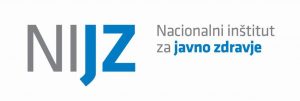
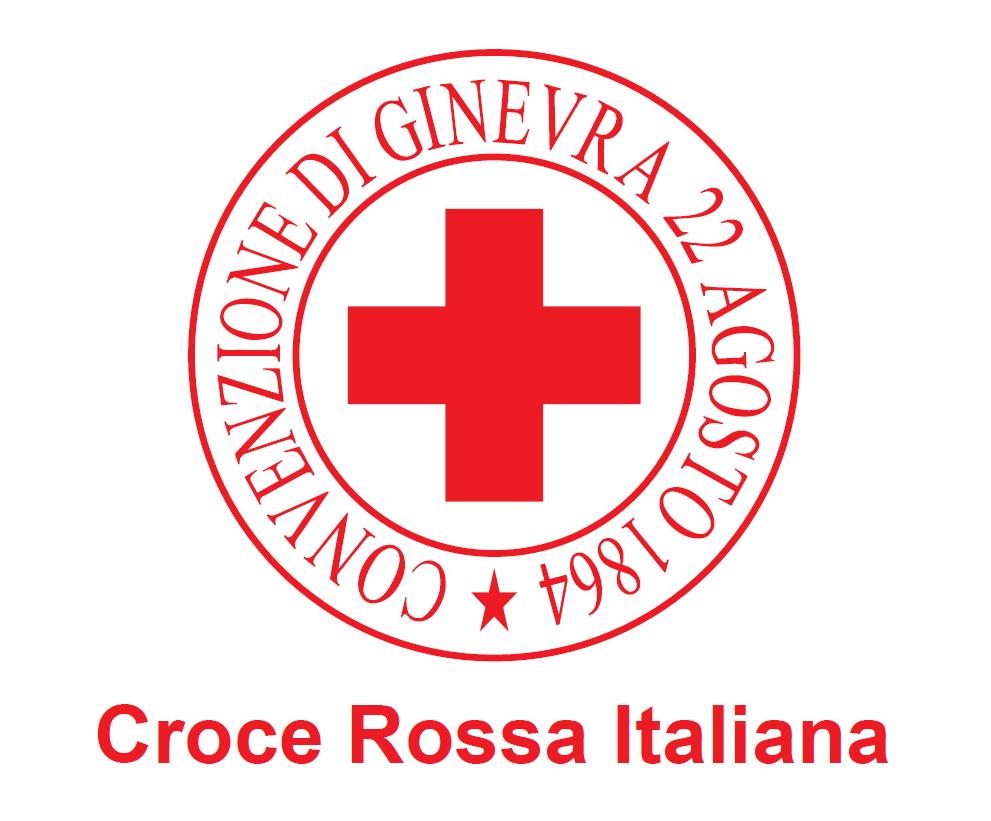
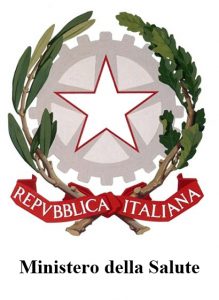
![5. PRAKSIS [Converted]](http://careformigrants.eu/wp-content/uploads/2016/07/5.-PRAKSIS-Converted-1024x977.png)
